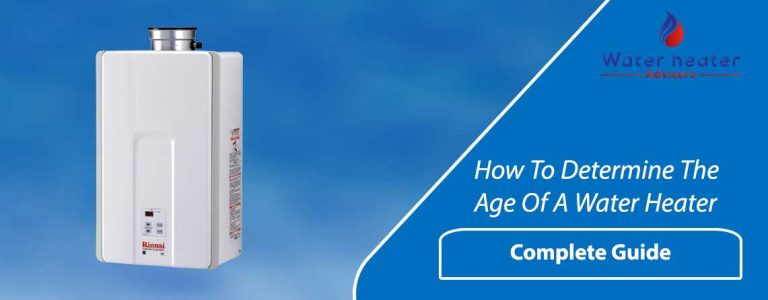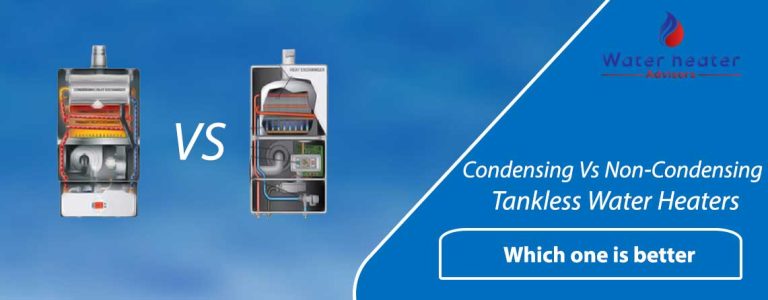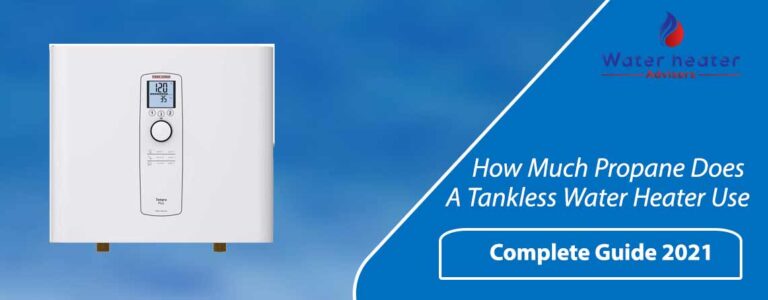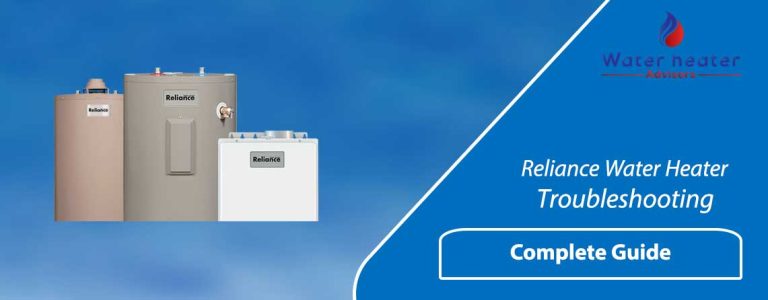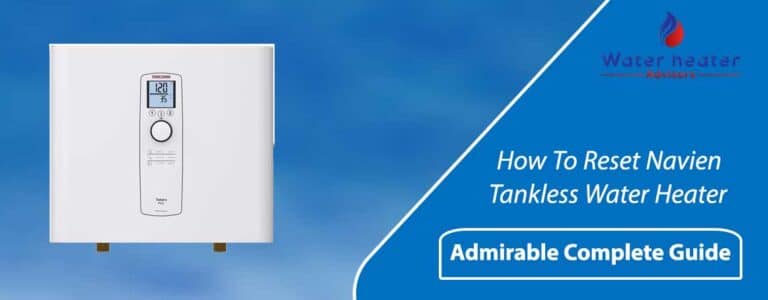3 Cons Of A Tankless Water Heater? – Complete Guide 2022
What are the cons of a tankless water heater? It is that time again, and you are going to be purchasing a water heater. You have heard the rants and raves of tankless water heaters being so much more efficient, cost effective, and easier to maintain.
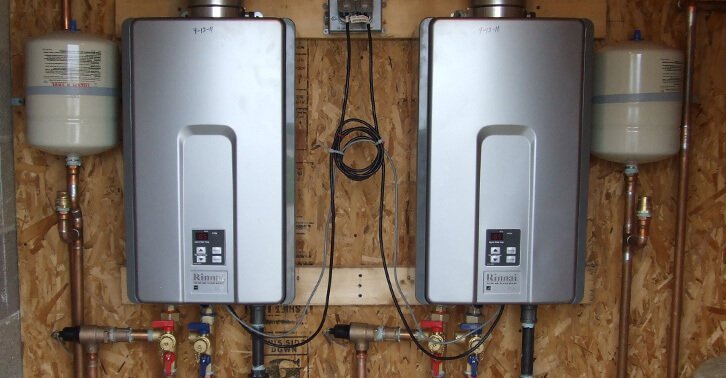
Cons Of a Tankless Water Heater?
While we love tankless water heaters, they aren’t the best fit for everyone. We have put together a list of pros and a list of cons of a tankless water heater.
Pros Of Tankless Water Heaters
Save Energy And Money
Tankless water heaters only heat water when you need it. As opposed to tank water heaters, which continuously heat water, costing you a bit more per month! So a big pro for tankless water heaters is that they save you money!
Space
The tank-style appliance takes up a lot of space in your house. Thus, if you have limited space in your residence, a tankless water heater would benefit you greater. You can hang it onto the wall or under the sink because it features a compact design that permits you to save precious space in your home!
Longevity
Tankless water heaters last for a very long time. 20 years on average, believe it or not. That sounds pretty great when typical tank water heaters only last 8-12 years.
Lower Possibility Of Leaks And Water Damage
If you have hard water, minerals will accumulate within the container over time, leading to rust and corrosion and, ultimately, leaks. On the other hand, tankless machines don’t have a boiler, so there is no danger of leaks or flooding.
Cons Of A Tankless Water Heater?
1. Water Output
Typical tank water heaters hold between 40-60 gallons of hot water at any given time. Which means, you can be taking a shower, while someone does the dishes, and youll both have hot water for quite some time. A big con of tankless water heater units is that they produce a limited amount of hot water. You can swiftly run out of the water if you take a shower and wash dishes simultaneously. So tankless units might not be best for a family of 6, who often use hot water at the same time.
2. Higher Upfront Cost
The tankless models have a longer lifespan, but they have a higher upfront cost. Depending on the model and manufacturer, you will have to spend an extra $200 to $300 compared to standard units. This is a con in the short term, but long term you save much more than $300.
3. Take A Long Time To Supply Hot Water
Another con of tankless water heaters is that they take a long time to produce and supply warm water compared to tank ones. Keep in mind; the tankless ones don’t store the water in the tank.
When you activate the fixture, the residual water in the pipes is cool or at room temperature. Once it is running, warm water comes out, but it may take a minute or more, depending on the unit’s distance and faucet.
Conclusion
Tankless water heating systems have various benefits over standard ones. They allow you to save energy, money and deliver instant and limitless warm water.
Besides, they are smaller in size, never leak, and there is minimal risk of fires or explosions. Best of all, they are made of durable and long-lasting materials, so they last for up to 20-25 years!
However, the downside of a tankless water heater is that it has a higher upfront cost, and does a poor job of supplying hot water to multiple sources simultaneously. Thanks for reading!

